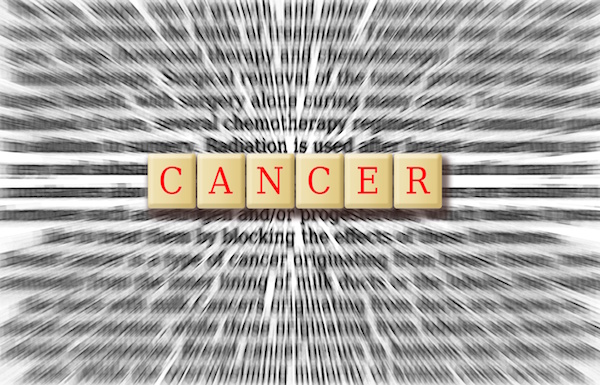
WEDNESDAY, Dec. 7 (HealthDay News) — A government colon cancer screening program in England is on target to reduce colon cancer deaths by its goal of 16 percent, according to researchers who conducted an analysis of the first 1 million test results.
The study also found that left-sided colon cancer was detected much more often than right-sided cancer, which is believed to be more aggressive. This finding suggests that different strategies may be needed to detect the disease on both sides of the body.
The program was introduced in 2006 and went nationwide by the end of 2009 for people aged 60 to 69 and has since been extended to those over 70. It involves three fecal occult screening tests every two years. A fecal occult test reveals blood in the stool that is not visible to the eye.
This study looked at data from 1 million people who took part in the program by October 2008. Of those, 2.5 percent of men and 1.5 percent of women, or about 21,000 in all, had an abnormal test result and 17,500 underwent further examination, usually a colonoscopy.
Men were more likely than women to have colon cancer. About 71 percent of the cancers were detected early.
It was thought that left-sided disease would account for 67 percent of the cancers detected by the screening program, while 24 percent would be right-sided. But the study found that about 77 percent of the cancers detected by the screening program were left-sided and 14 percent were right-sided.
“Different screening strategies may be required to effectively screen for right-sided bowel cancer,” concluded researchers led by Dr. Richard Logan of the University of Nottingham Medical School, in England.
The study appears in the Dec. 7 issue of the journal Gut.
More information
The U.S. National Cancer Institute has more about colorectal cancer screening.

